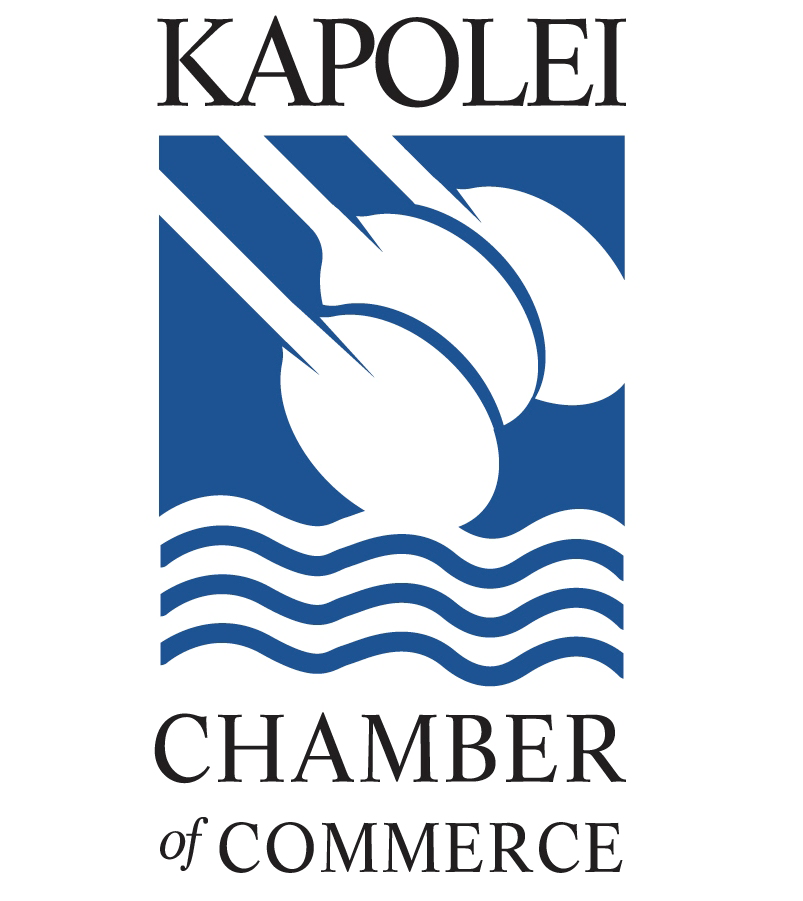Grant to pursue food systems programming through indigenous lens

Grant to pursue food systems programming through indigenous lens
A project of the University of Hawaiʻi–West Oʻahu’s Sustainable Community Food Systems program received a two-year, $200,000 grant from the U.S. Department of Agriculture’s National Institute of Food and Agriculture (NIFA).
NIFA awarded SCFS $207,687 for the Undergraduate Pathways Bridging Excellence in Agriculture and Tradition (UP-BEAT) project, which is under the direction of Dr. Daniel Lipe and Dr. Albie Miles, to advance formal integration of indigenous and traditional ecological knowledge into post-secondary food systems programming.
NIFA announced on Aug. 11 an investment of $3 million in funding five grants to strengthen the ability of Alaska Native-Serving and Native Hawaiian-Serving Institutions (ANNH) to carry out education, applied research, and related community development programs. ANNH’s purpose is to address educational needs, as determined by each institution, within a broadly defined arena of food and agricultural sciences-related disciplines.
According to the NIFA award announcement, priority was given to those projects that enhance educational equity for underrepresented students; strengthen institutional educational capacities; prepare students for careers related to the food, agricultural, and natural resource systems of the United States; and maximize the development and use of resources to improve food and agricultural science teaching programs.
“The UP-BEAT project seeks to expand on the considerable success of the food system-focused SCFS program through the systematic integration of Indigenous Knowledge (IK) and community-based experiential learning,” said Miles, SCFS Assistant Professor. “These offer effective innovations for sustainable food systems while enhancing the draw for Native Hawaiian and underserved students.”
UP-BEAT will build on the momentum of SCFS to expand effective elements while improving accessibility and the integration of IK to enhance the educational and career aspirations of Native Hawaiian and underrepresented students, Miles said. This will be done through the following goals:
- Enhance educational equity and increase participation of Native Hawaiian and underrepresented students within the SCFS program, through targeted recruitment activities, diversified instructional delivery systems, and new curricula design.
- Strengthen institutional pathways and support structures for students to increase transitions from high school to post-secondary education to graduate programs and careers for agro-ecology and sustainable food system sciences.
- Increase leadership and professional development activities for Native Hawaiian and underrepresented students by connecting them to local, national, and international initiatives in food and agricultural sustainability, sciences, and resource management.
UP-BEAT identified the need to take immediate steps to diversify Hawaiʻi’s economy, increase production of local foods, and build greater climate change resilience for enhanced food security. It also identified Indigenous Knowledge (IK) and traditional food ways as key to transitioning the food system towards sustainability, community health, and resilience.
“UP-BEAT will educate and train a new generation of food, agriculture, natural resource, and human science (FANH) professionals to think across traditional disciplinary and cultural boundaries to engage and address the many contemporary challenges in the agri-food system of Hawaiʻi and beyond,” Miles said.
Additional Info
Source : UHWO Ka Puna O Kalo`i Newsletteru/kaloinews/?p=15416
